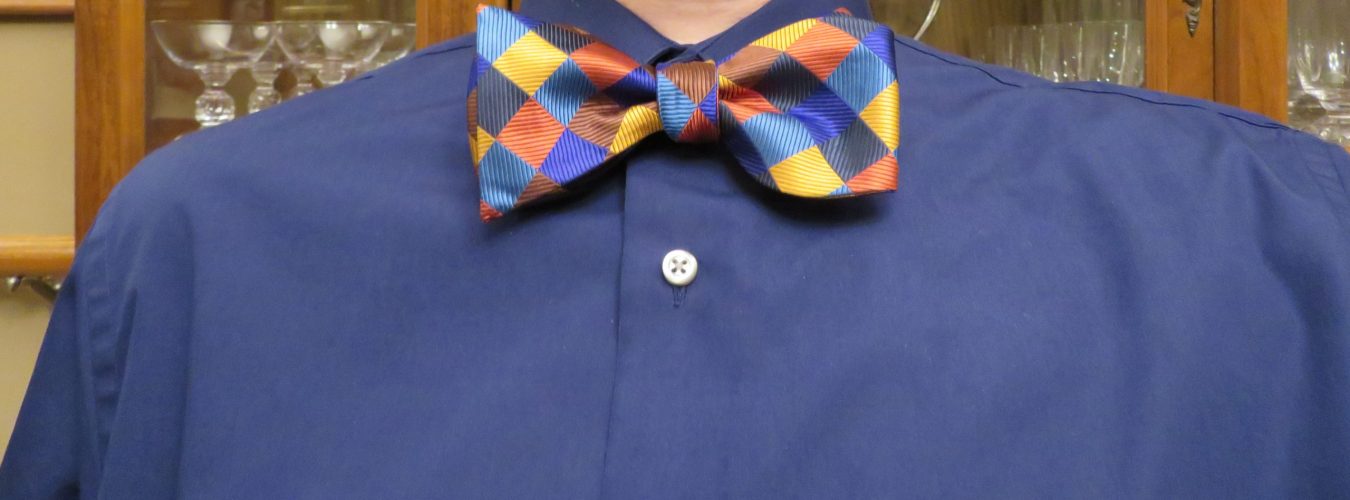For the first edition of the Game Studies course in 2016, I co-taught the course with Dr. Jon Denning. For the second edition of the course in 2018, I co-taught with Dr. Jonathan Geisler. I recently learned we will be offering SYS 270 Game Studies again in the Spring of 2020, this time with me teaching it solo. So blessed to have the chance to teach Games Studies and Writing & Editing for Gaming at Taylor University.
COURSE DESCRIPTION:
Games are as popular as ever on computers, reconsoles, mobile and tabletop. Various Conventions, Kickstarters, Blogs, and Media Outlets are devoted to games. Game publishers are seeking new and innovative games for the market. The course serves to introduce the various aspects of game studies. This systems course will cover a brief history and philosophy of games, basic game theory, game mechanics, probability, game conceptualization, game design process, iterative design, game industry, and gamification. Further, the student will experience the practical elements of game development including game conceptualization, prototyping, playtesting, and production through a final group project of creating a game. The theories and processes discussed in this course apply to digital and tabletop game design, but this course focuses on tabletop games
COURSE OBJECTIVES:
To understand the underlying history and philosophies of games.
To understand basic game theory and the mathematics behind it.
To understand the mechanics and characteristics of games.
To utilize critical analysis for incorporating concepts from other games.
To understand the process involved in designing and producing games.
To utilize the iterative system design process.
To understand the impact of gamification on society and commerce.
To understand the interaction of faith and gaming.
To learn from game industry professionals.
To produce a game prototype.
For this Game Studies course, the core and objectives of the class will remain the same, but I am making additional changes to the iterative game design lab portion to continue to improve on the learning process for the students. We will continue with ten iterations of the tabletop game, but we are removing all final production aspects. We want this game to remain in prototype for all iterations, so the students will feel more comfortable making major changes to continually improve and iterate the game throughout the semester. We were finding students hesitant to make changes in the final two or three iterations, as they had begun working on artwork and components. That defeated the purpose of the systems study of iterative design. This is not an art or publishing course, but a course designed to use tabletop games as way to delve into systems and iterative design.
I am also evaluating our text for the course. We have been using The Art of Game Design by Jesse Schell. It is a great text, but the second edition of that book will be over six years old when this course begins. There is a Third Edition of the text being released I want to look into, and I have also begun researching other textbooks released more recently that might be better for this course. If you have recommendations, let me know.
So excited to get to teach this course once again! I learn so much when preparing to teach this course every other year. This course prep forces me to update my knowledge and understanding of the status of the tabletop game industry, look at new trends in iterative design, and refresh my understanding of systems. Looking forward to a new class of students, the discussions, and the creative projects of the students.



I’m looking forward to watching and supporting you as you move forward with this new chapter of Game Studies- I continue to be proud of you and your commitment to your work and your students!